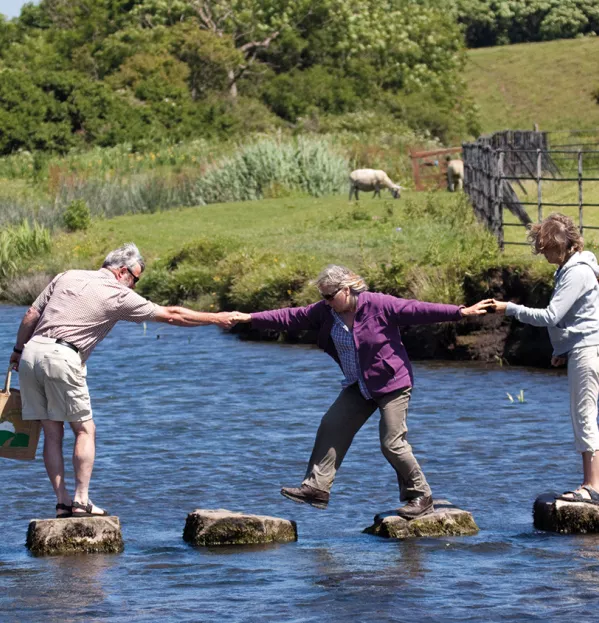The sheer speed of edtech evolution over the last five years - coupled with the increased workload of FE teaching staff and a need to include more digital learning in our courses - has left many great teachers feeling behind with egos bruised as, maybe for the first time in the history of education, our students know more than we do about the toolkit.
For many of our peers, the main restriction seems to be an anxiety, or a fear of taking risks - or simply not having the time and support to learn these new approaches to learning. The subtext of failing and then being seen as fallible by peers and management is what stops the requisite cultural change to push things forward.
In 2016-17, our senior management team at Basingstoke College of Technology (BCoT) considered the Further Education Learning Technology Action Group (Feltag) recommendations and listened to what local industry said it needed: digital skills in all of our learners to help them become more employable.
As a result of this, the college embedded one hour of timetabled “blended learning” for every full-time course from level 1 to level 4 - and provided teaching staff with bespoke one-to-one and team training to help them create these digital learning sessions for their students. We built a digital team of eight “student digital leaders” and our brilliant learning technologists and facilitators, who collaborate with subject specialist staff and learners to create tasks that reinvigorate their teaching and learning.
What became clear to the team and I last year is that learners do not embrace digital learning it if it is not related to what they are studying. So if it cannot be a fun, tokenistic afterthought - it has to be linked to gaining skills and improving their employability, or else they feel it is a waste of their time.
After a year of blended learning, observations, student interviews and survey feedback in our learning zones - formerly part of the learning resource centre and two underused classrooms - we are now seeing the results of putting into action the ideas that the students themselves have asked for.
Make-up students taking photographs for their blogs and sites to promote their skills to employers, childcare students collaborating in the cloud in real time on their presentation slides and video role plays before going and presenting them in the next session and sports students filming their activities on their devices and then recording audio analysis of their technique to reflect and improve.
It also included public services students live-streaming Q&A sessions with guest speakers, class trips, gym activities and music students watching their tutors video screencast tutorials to help them understand the software at their own speed, along with maths students using self-marking quizzes as many times as they need to as exams approach.
Taking risks
By giving teaching staff support on inset days - on our site and at their desk when it suits them - we have started to give teachers the time and support to take risks. As a college, we have started to think of ourselves as curators, collaborators and creators of learning, alongside our students.
Young people have always gone beyond the classroom to forage, discover and synthesise different ideas together from disparate streams of information and knowledge - it’s just that now they have more options than ever. If we are to think of digital as the third functional skill, we need to show humility and actively defer to - and learn from - our students.
While we are competing with countless distractions in an attempt to win and keep the attention of learners, we have seen that we can earn the right to their attention through meaningful programmes of study that are seen as stepping stones to help them get to where they want to be.
The success we have had is down to not only having a digital team with great technical savvy but also to that digital team working with and supporting our incredible teaching staff - and being there to give them the lift and back-up they need.
Scott Hayden is a digital innovation specialist at Basingstoke College of Technology

